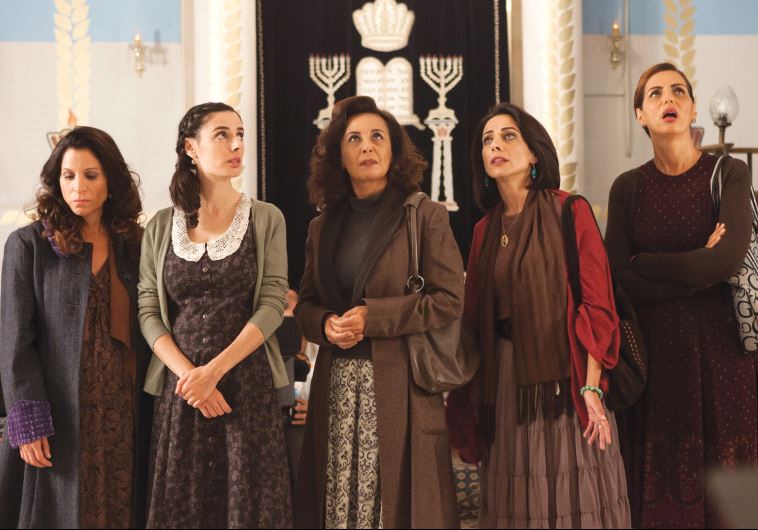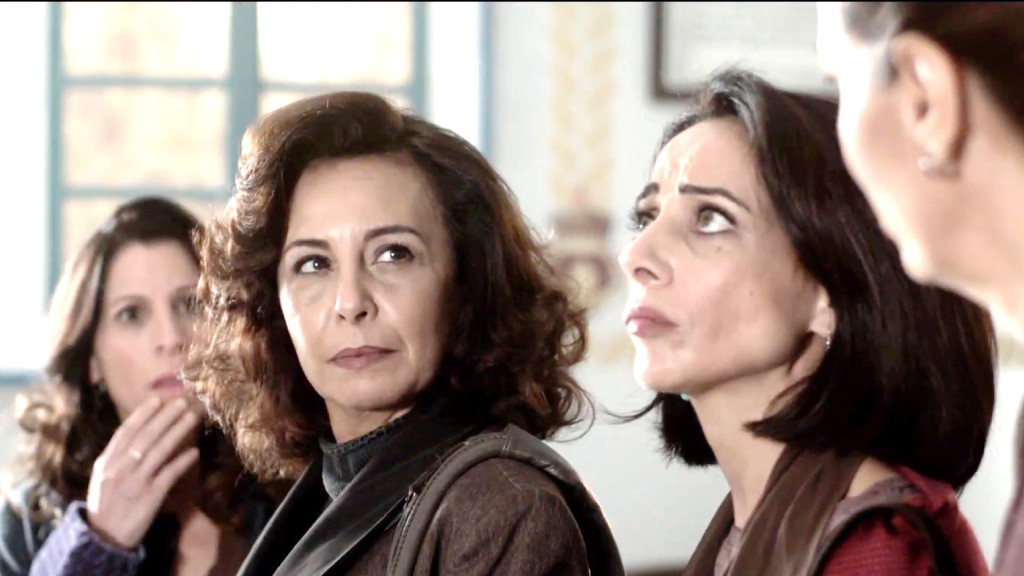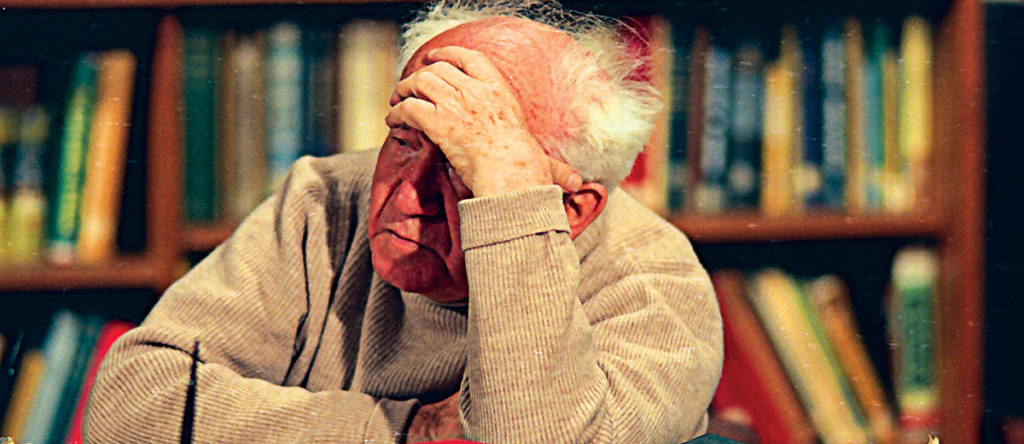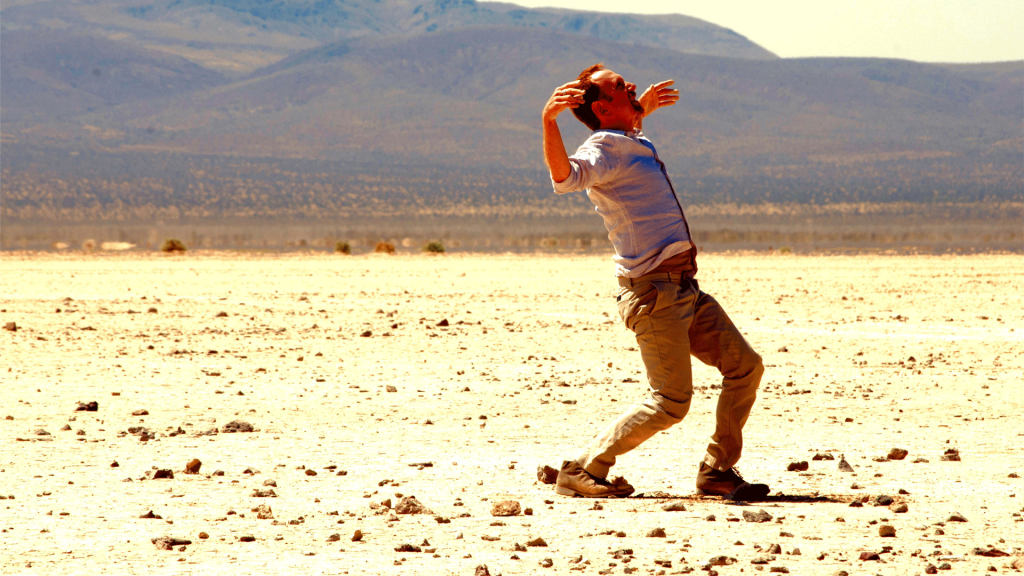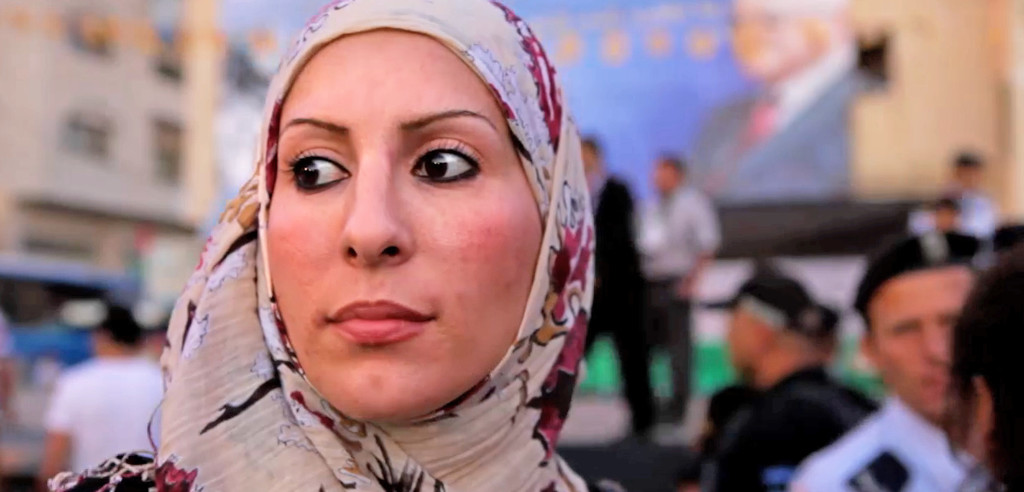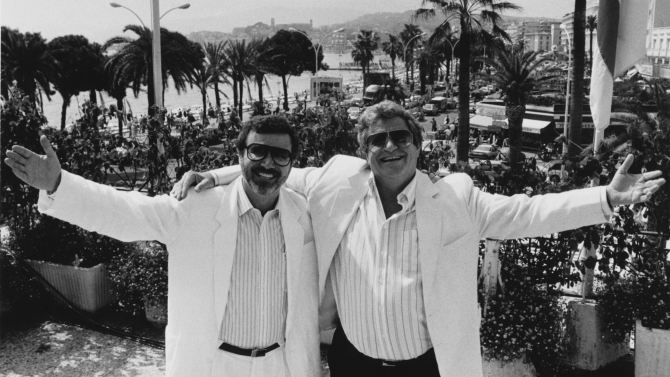
The Israeli documentary Kings of Capitol Hill traces the history of an American political institution, the American Israel Public Affairs Committee (AIPAC). Founded as a lobby group to advocate for the interests of Israel, AIPAC has grown in power and has shifted (and narrowed) its mission.
AIPAC is controversial because the policies of the recent right-wing Israeli governments, supported by AIPAC, and those of most Jewish-Americans have diverged.
Kings of Capitol Hill highlights two pivotal moments. The first came in 1984 when Paul Simon unseated Charles Percy as US Senator from Illinois, and AIPAC was given the credit and the accompanying political fearsomeness. The second came a decade later, when AIPAC abruptly rejected bipartisanship to become a mouthpiece for the Israeli Right and the US Republican Party.
For 60 years, AIPAC leaders have refused to be interviewed about the organization. Israeli filmmaker Mor Loushy has secured the oral histories of many of AIPAC’s top leadership from its founding and fashioned them into a compelling story.
Note: The film was completed before both Donald Trump and Benjamin Netanyahu, two of Kings of Capitol Hill’s villains, were unseated in the past nine months.
I screened Kings of Capitol Hill for this year’s San Francisco Jewish Film Festival, which opens on Friday. You can peruse the festival’s program and schedule at SFJFF, and here’s my own SFJFF preview. Here’s where you can stream Kings of Capitol Hill.

